
- Uninterrupted streaming
- Multiple devices
- Split tunneling support
- P2P welcome here
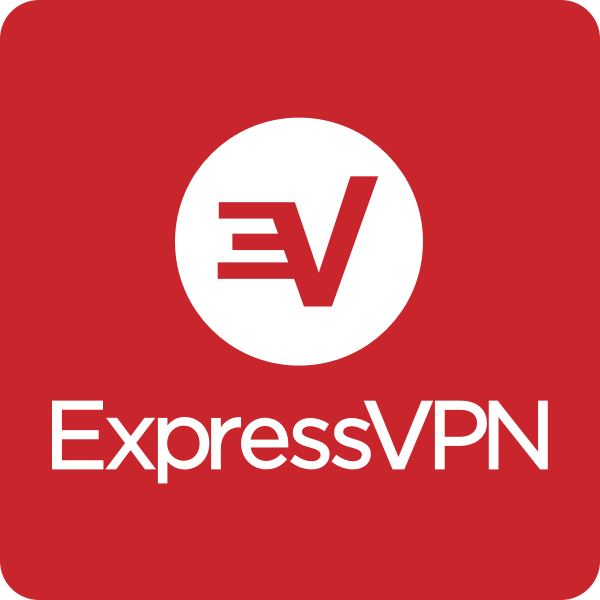
- Network Lock kill switch
- 160 server locations
- IP address masking
- No activity or connection logs
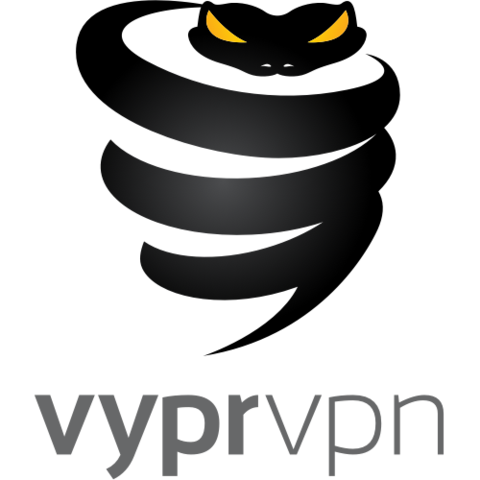
- Public Wi-Fi Protection
- 5 Simultaneous Connections
- 70+ Worldwide Server Locations
- High-Speed Streaming
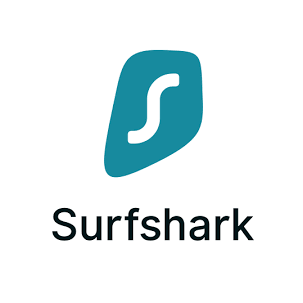
- IKEv2/IPsec
- Hide your IP
- Camouflage Mode
- Private DNS & leak protection
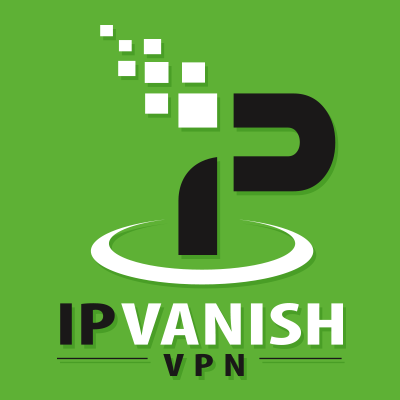
- Bypass Censorship
- Servers in 75+ regions
- Shared IP addresses
- Zero traffic logs
Choose the Best VPN Service for School
Customer’s Choice: the Best Rated VPN Services for School
7 users answered this survey. Please help us improve this review!
Are you looking for the best VPN services for school? If so, you have come to the right place! In this blog post, we will discuss some of the best options available on the market today. A VPN service is a great way to keep your data safe and secure while you are online. Whether you are in school, at work, or just out and about in public, a VPN can help protect your privacy. We will discuss some of the best VPN services for school and explain why each one is a great option. Keep reading to learn more!
NordVPN
NordVPN is a great alternative to ExpressVPN. It has a strong security protocol and provides high-quality services. NordVPN is also one of the most affordable VPNs on the market. It is a great option for those who are looking for an affordable and high-quality VPN. Moreover, it is a good ExpressVPN substitute for Netflix since it provides access to the US library of the streaming platform.
NordVPN provides military-level security and has more than 5000 servers, located in 62 countries around the world. It protects your privacy very well with advanced protocols such as IKEv, PPTP, LTP, and OpenVPN. It is a good choice for those who are looking for an affordable VPN that provides high-speed connections, even on long distances. NordVPN also has apps available in the App Store and Google Play.
ExpressVPN
If you’re looking for an alternative to VyprVPN, be sure to check out ExpressVPN. It’s one of the most popular VPN providers on the market, and for good reason.
ExpressVPN offers a wide range of features, including military-grade encryption, unlimited bandwidth, and 24/7 customer support. Plus, its servers are located in over 90 countries around the world, so you’ll be able to access content from anywhere.
Moreover, ExpressVPN has a large network of servers, which makes it great for streaming. Furthermore, you can use your subscription on three devices simultaneously.
Another reason why I recommend this VPN is its high level of security and privacy protection measures. That includes military-grade encryption, DNS leak protection, an automatic kill switch feature to protect against accidental data leaks, Split Tunneling so that only the most important programs are routed through the VPN, and more!
The one downside? It’s a bit pricier than some other providers out there – but if you value your privacy and digital safety enough to pay extra for these features then I think it’s worth it.
VyprVPN
If you’re looking for a VPN service that can unblock websites and give you fast speeds, VyprVPN is a great option. It has over 700 servers in more than 60 countries, so you can access any website you want.
And with its unlimited bandwidth and data, you can stream and download as much as you want. VyprVPN also has great security, with military-grade encryption and a strict no-logs policy.
In addition, it has a kill switch and DNS leak protection to keep your data safe. And if you need help, 24/seven customer support is always there.
To get started with VyprVPN, all you need to do is sign up for a plan and download the app. Then just log in, select a server, and click “connect”. It’s that easy!
Surfshark
Surfshark is a great option for those who are looking to try out VPNs. It has its own app that works well with both Android and iOS devices, allowing you to surf the web privately without worrying about local laws or restrictions on internet traffic. Furthermore, it offers unlimited bandwidth and a no-logging policy which ensures an uninterrupted browsing experience.
However, one point of concern is that Surfshark has only 3000+ servers in over 60 countries. This makes it difficult to determine how many people are using the service at any given time which can affect your online experience. To fix this issue you need to pay for more expensive plans like ‘Unblock Streaming’ and ‘Ultimate’.
IPVanish
IPVanish is another VPN service provider that is known for its quality products. It has over 1900 servers in 75+ countries, which you can use to unblock websites or applications and even enjoy fast streaming speeds when watching your favorite shows online.
IPVanish is also a great choice for those who want to keep their online activities private and secure. It offers strong military-grade encryption, as well as a strict no-logs policy, ensuring that your data will never be stored or monitored.
Finally, IPVanish also provides a great user experience with its easy-to-use software and apps.
Buyer’s Guide
Why Do I Need a VPN for School?
There are a number of reasons why you might need a VPN for school. Some of them are:
- Access blocked websites: If your school has blocked certain websites, a VPN can help you access them.
- Bypass firewalls: Firewalls are common in schools and they can block certain types of traffic.
- Protect your privacy: When you use a VPN, your traffic is encrypted and your IP address is hidden. This protects your privacy and makes it harder for people to track your online activities.
- No tracking: Many schools track students’ online activities. A VPN can help you avoid being tracked by your school.
- Safety: A VPN can help keep you safe from hackers and other online threats. For example, a VPN can protect your data when you use public Wi-Fi networks.
Whatever your reason, using a VPN is a great way to ensure your safety and privacy while on campus. A VPN will encrypt your data and keep it safe from prying eyes, allowing you to browse the web and use online services without worry.
Why Do Schools Block Websites and Services?
This is common for a few reasons.
The first is to protect students from harmful or inappropriate content. This includes things like pornographic websites, violent games, and other types of content that could potentially be harmful to young people.
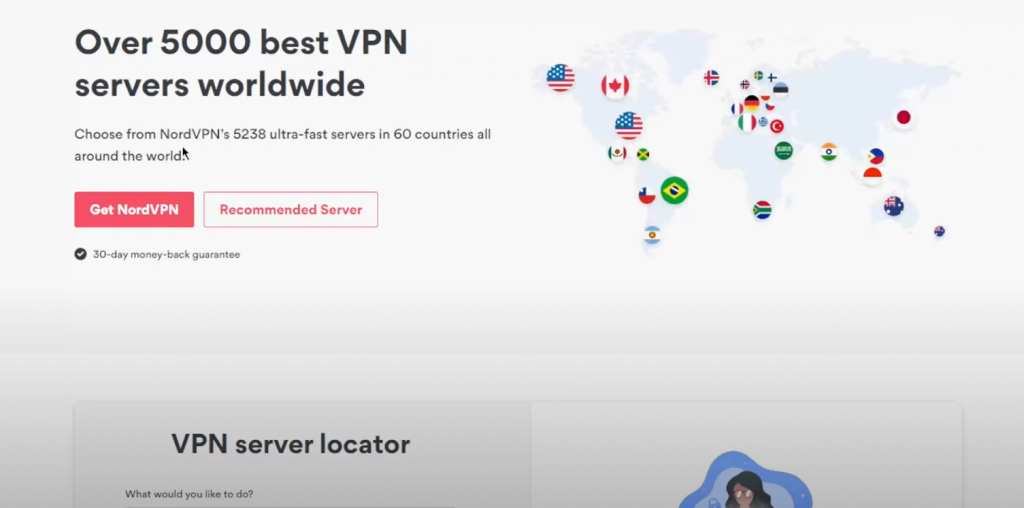
Another reason is to prevent cheating on school assignments and tests. Websites like Wikipedia and Quizlet are often blocked because they can give students an unfair advantage.
In addition, some schools block certain websites in order to limit bandwidth usage. Bandwidth is a limited resource, and by blocking certain websites, the school can ensure that everyone has access to the internet.
Finally, schools sometimes block websites and services simply because they are a distraction. Many schools also block social media websites like Facebook and Twitter. This is done to prevent students from wasting time on the internet instead of studying.
So, what can you do if your school blocks websites and services? The best solution is to use a VPN. A VPN will allow you to bypass the restrictions that your school has put in place. It will also protect your privacy by encrypting your traffic and hiding your IP address.
There are a number of different VPNs that you can use, but not all of them are created equal. That’s why we’ve put together a list of the best VPNs for schools.
Can I Unblock School WiFi Without a VPN?
The answer is no. If you want to unblock your school’s WiFi, then you will need to use a VPN service. A VPN service will allow you to bypass any restrictions that your school has in place and unblock the internet for you.
Schools are increasingly using WiFi restrictions to control what students can and cannot access while on campus. Moreover, many schools are now blocking popular VPN services so that students cannot use them to bypass the restrictions.
This is why it is important to choose a VPN service that is not only reliable but can also bypass WiFi restrictions. The best VPN services for schools will have servers in multiple countries, making it easy for you to unblock any website or content.
There are many different VPN services available, but not all of them are created equal. In this article, we will take a look at the best VPN services for schools and what makes them stand out from the rest.
How to choose the best VPN service for School
When you are choosing a VPN service for school, there are a few things that you need to take into account. Price is always important, but it is not the only factor to consider. So let’s take a look at the other factors you need to think about when choosing a VPN service.
Servers and Locations
The very first thing you need to look for in a VPN service is the number of servers it has. This factor is important because you want to make sure that you can always find a server that is close to your location. This will ensure that you get the best possible connection speeds.
Most VPN services have a large number of servers located all over the world. This means that you will be able to find a server no matter where you are. However, some services have more servers in certain locations than others. Make sure to do your research and find a service that has plenty of servers in the countries that you need them in.
Additionally, you will want to make sure that the servers are located in different parts of the world. This is important for two reasons. First, it ensures that you always have a backup server if one goes down. Second, it allows you to access content that may be blocked in your country. For example, if you are trying to access a website that is only available in the United States, you will need to connect to a server located in that country.
Finally, you should make sure that the VPN service offers a good variety of server locations. This way, you can always find a server that is close to your location and has the best possible connection speeds.
Make sure to do your research and find a service that offers the best possible coverage.
Remember The more servers, the better. This means that there are more options for you when it comes to choosing a server location.
So make sure to do your research and find a VPN service with plenty of servers in different parts of the world. This will ensure that you always have a great connection and can access any content that you want.
Security
The next thing to consider when choosing a VPN service for school is the security and protocols offered. Every VPN service offers different protocols, so it’s important to understand the difference between them before making a decision.
- The most common security protocol is PPTP (Point-to-Point Tunneling Protocol). It’s fast and easy to set up, but it’s not as secure as other protocols. Lately, many VPN providers have stopped supporting PPTP because of security vulnerabilities.
- The most secure protocol is OpenVPN, which offers the highest level of encryption. It’s also the most popular protocol among VPN users. However, it can be more difficult to set up and it’s not as fast as PPTP.
- Another security protocol worth considering is IPsec (Internet Protocol Security). It is supported by most VPN providers and it’s considered to be very secure. Moreover, it’s compatible with a wide range of devices and operating systems.
- Another common security protocol is LTP (Layer Two Tunneling Protocol). It’s not as secure as OpenVPN, but it’s faster and easier to set up. Moreover, it’s supported by most VPN providers.
- One more security protocol you should be aware of is SSTP (Secure Socket Tunneling Protocol). It’s very secure, but it’s not supported by many VPN providers.
So, which security protocol should you choose? If you want the highest level of security, go with OpenVPN. If you want a faster and easier setup process, go with LTP.
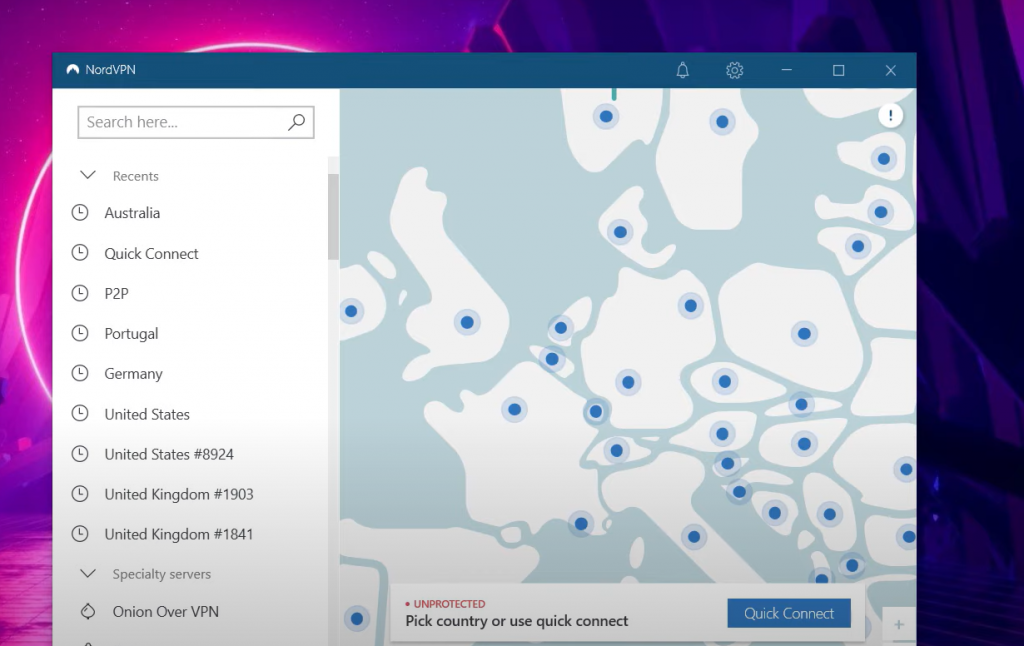
It is important to keep in mind that not all devices support every security protocol. So, before making a decision, make sure your device supports the security protocol you want to use.
- Security also includes the type of encryption used by a VPN service. It means that the data passing between your device and the VPN server is encrypted.
The most common type of encryption is AES (Advanced Encryption Standard). It’s considered to be very secure and it’s supported by most devices and operating systems.
Another type of encryption you should be aware of is Blowfish.
SHA (Secure Hash Algorithm) is another type of encryption used by VPN services. It’s not as secure as AES, but it’s faster and easier to set up.
So, what type of encryption should you choose? If you want the highest level of security, go with AES. If you want a faster setup process, go with Blowfish.
VPN providers offer a variety of encryption protocols, so you can choose the one that best suits your
Unlimited Bandwidth
Another great feature of a VPN is that it offers unlimited bandwidth. This means that you can use as much data as you want without having to worry about exceeding your limit. This is especially helpful if you need to access large files or stream video content.
Usually, when you’re using a public Wi-Fi network, your bandwidth is limited. This can make it difficult to access the files you need or watch your favorite show. With a VPN, however, you can bypass these restrictions and enjoy unlimited bandwidth.
Unlimited bandwidth is also great for students who are working on a project and need to access a lot of information online. With a VPN, you can do this without having to worry about your data cap.
This is especially helpful if you are studying abroad and need to access resources that are only available in your home country. A VPN can help you get around any restrictions that are in place and access the information you need.
In addition, unlimited bandwidth can also be helpful if you are trying to avoid data overage charges. If you have a limited data plan, using a VPN can help you save money by avoiding these charges.
If bandwidth has been a concern for you in the past, a VPN is a great solution. With unlimited bandwidth, you can access what you need without having to worry about running out of data.
Limited bandwidth can be a major pain, but with a VPN, it’s not an issue you have to worry about. A VPN gives you the freedom to use as much data as you want without any consequences.
If you’re looking for a VPN that offers unlimited bandwidth, be sure to check out our list of the best VPN services.
User Interface
One more important factor to consider when choosing a VPN is the user interface. It should be considered because you will be using it frequently. If the user interface is not easy to use, you may not want to use the VPN service.
The best VPN services have user interfaces that are easy to understand and use. The buttons and icons are clearly labeled, so you can easily find what you need. The layout is also simple, so you won’t get lost while using the VPN service.
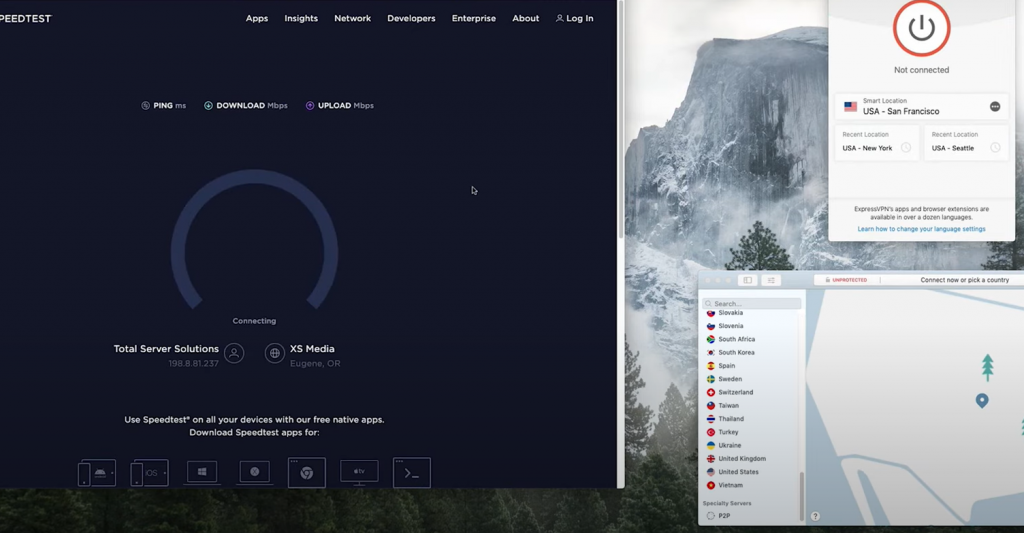
Some VPNs have clunky or outdated interfaces, which can make them difficult to use. Make sure you choose one with a modern and user-friendly interface.
There are a few things to look for when considering the user interface of a VPN service:
- Layout: It should be simple and easy to understand. If you get lost while using the VPN, you will not be happy.
- Buttons and Icons: They should be labeled clearly so that you know what each one does.
- Layout: The layout of the user interface is also important. It should be easy to find what you need without getting lost.
- Color Scheme: The color scheme should be easy on the eyes. You don’t want to strain your eyes while using the VPN service.
You need to be able to find what you are looking for quickly and easily. For example, if you want to connect to a server in another country, you should be able to do so with just a few clicks.
Netflix & Streaming
The next category on our list is Netflix & Streaming. This is a big one for many people, especially students. VPNs can unblock Netflix and other streaming services from anywhere in the world. This is an important category for students, as many schools block access to sites like Netflix. A VPN can give you access to these sites, even if your school has blocked them.
There are a few things to look for when choosing a VPN for Netflix.
- Firstly, make sure that the VPN has servers in the country that you want to watch Netflix from.
- Secondly, check to see if the VPN can unblock Netflix from your device. Some VPNs only work with certain devices, so this is an important step.
- Finally, make sure that the VPN has strong security and privacy features.
This is important for all VPN users, but it is especially important for students who may be using a school network.
Streaming services are also a great way to keep up with the news. A good VPN will provide access sites like BBC iPlayer and CNN without restrictions. Moreover, you can also unblock geo-restricted content on these sites.
This aspect of a VPN is also important for students who are studying abroad. A VPN gives you access your home country’s Netflix library, even if you are in a different country.
In addition, a VPN will also allow you to access geo-restricted content. For example, you can use a VPN to watch US Netflix even if you are outside of the United States.
Netflix is not the only streaming service that is important for students. There are many other streaming services that are popular among students.
A good VPN will allow you to access all of these streaming services without restrictions. This includes popular services such as Hulu, Amazon Prime Video, and HBO GO.
This provider has servers in over 90 countries, so you can access content from anywhere in the world. Moreover, it offers fast speeds and reliable connections.
So if want to watch your favorite shows and movies while you’re at school, a VPN is a great way to do it.
Speed
Your school’s internet connection may be slow, and you don’t want your VPN to make it even slower.
Speed also plays a big role because you’ll likely be using your VPN to stream videos or download files. You don’t want your video buffering for minutes at a time because your VPN is too slow.
Speed depends on several factors, including the VPN’s location, your internet service provider, and the server you’re connecting to. Make sure to do some research before signing up for a VPN service so that you know what to expect in terms of speed.
- When it comes to speed, one of the most important factors to consider when choosing a VPN service is located. If you’re connecting to a VPN server that’s close by, your connection will be much faster than if you’re connecting to the one that’s located far away.
- Your internet service provider can also affect your VPN speed. Some providers throttle or slow down traffic from certain websites or services, including VPNs. If your ISP does this, you won’t be able to get the full speed potential from your VPN service.
- The server you’re connecting to can also affect your speed. Some servers are faster than others, so if you have the option, try out a few different ones to see which one gives you the best speeds.
- VPN protocol also plays a role in speed. Some protocols are faster than others. If you’re looking for speed, make sure to choose a VPN service that uses the OpenVPN protocol. If you’re not sure, ask the provider which protocol they use.
Speed affects everything you do online, so it’s important to choose a VPN service that can give you the speeds you need.
To check what kind of speeds you can expect from your VPN service, make sure to do some research before signing up. You can usually find this information on the provider’s website.
You can also read our reviews of the best VPN services to see how they performed in our speed tests.
So, when choosing a VPN service, make sure to consider speed so that you can have the best experience possible.
Logging Policies
The next factor to consider when choosing a VPN service for school is the logging policies of the provider. It means that the provider keeps track of your online activity and stores this information.
When it comes to VPNs, there are two types of logging policies: no logs and partial logs. No logs mean that the provider doesn’t store any information about your online activity. Partial logs mean that the provider only stores some information about your online activity.
Some providers keep logs of user activity, which can be handed over to authorities if requested. Others do not keep any logs at all. It is important to know what kind of data a provider collects and stores before signing up.
If you value your privacy, it is important to choose a VPN service that has a no-logs policy. This way, you can be sure that your online activity is not being tracked or monitored. NordVPN and ExpressVPN are two examples of providers with a no-logs policy.
In addition, it is also important to check the privacy policy of the provider to see what kind of data is collected and how it is used. Also, check to see if the provider shares any user data with third-party companies.
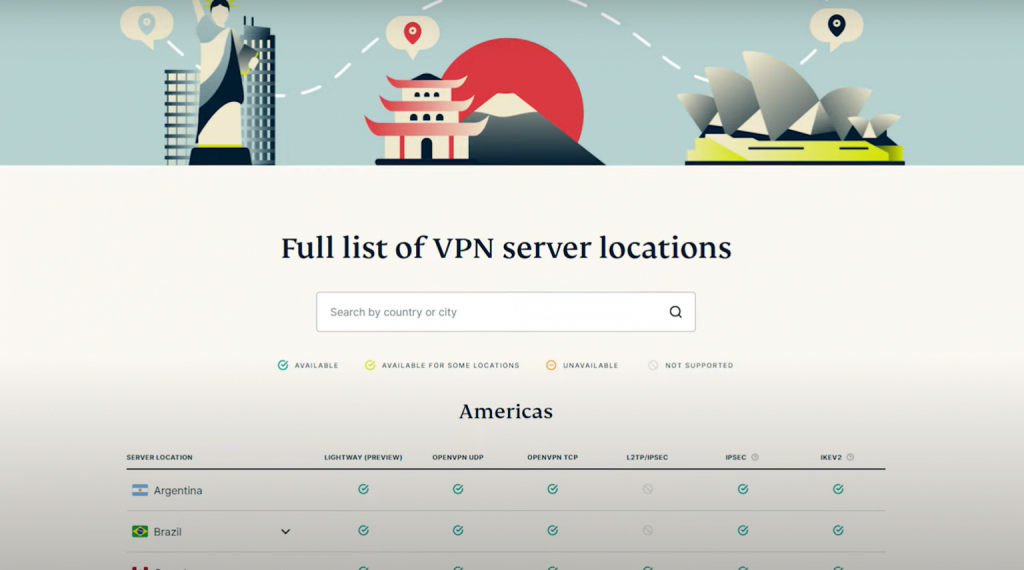
If the provider has a no-logs policy and does not share user data, then you can be sure that your privacy is protected. However, if the provider has a partial logs policy, then you should consider using another VPN service.
If a provider doesn’t write its logging policies plainly on its website, then it’s time to find a new provider.
Price
Price is always a major concern for people looking for the best VPN service. The good news is that most of the top services offer a variety of price points, so there’s something for everyone.
Students’ budget is usually tight, so it’s important to find a VPN service that doesn’t break the bank.
Some are expensive, and some are very affordable. It really just depends on your budget and what you’re looking for in a VPN service.
The price depends on several factors, including the features offered by the VPN service. Generally, though, you can expect to pay anywhere from $50 to $200 per year for a quality VPN service.
I’ve done a lot of research on the best VPN services for school, and I’ve narrowed it down to a few that I think are the best.
If you’re looking for a VPN service that’s affordable and has all the features you need, I recommend NordVPN. It’s only $52.68 per year.
NordVPN is a great choice for schools because it offers strong military-grade encryption, so your data will be safe and secure. It also has a large number of servers, so you’ll never have to worry about finding a server that’s close to you.
FAQ
Is there a free VPN for students?
Most VPN providers offer paid plans, but there are a few free options available. However, free VPNs typically have slower speeds and less data allowance than their paid counterparts.
How do I get a VPN on my school computer?
In order to get a VPN on your school computer, you will need to download and install a VPN client. Once you have done this, you will be able to connect to any server that is running the VPN software.
Does ExpressVPN work at school?
Yes, ExpressVPN does work at school. In fact, it is one of the best VPNs for students as it provides high speeds and unlimited data allowance.
Can I use a VPN for school projects?
Yes, you can use a VPN for school projects. A VPN will allow you to connect to servers in other countries, which can be useful for accessing blocked websites or streaming content that is not available in your region.
Is it legal to use a VPN at school?
Yes, it is legal to use a VPN at school. However, you should check with your school’s IT department before doing so, as some schools may not allow the use of VPNs.
What are the benefits of using a VPN for students?
There are many benefits of using a VPN for students. A VPN can help you to stay anonymous online, which is important for protecting your privacy. A VPN can also help you to bypass internet censorship and access websites that are blocked in your country. Additionally, a VPN can improve your internet speed and security.
Useful Video: How to install a VPN on school/work computers
Final Thoughts
Schools are increasingly using VPNs to keep their networks secure. While there are many different VPN providers, we believe that the five services above provide the best protection and performance for schools.
Each of these services offers a variety of features that can be tailored to your needs, making them perfect for protecting your school’s network. Whether you need a basic VPN for protection against malware or a more robust solution for securing your school’s data, one of these providers is sure to have the perfect solution for you.
There are many factors to consider when choosing a VPN service for school. Cost, security, speed, and logging policy are all important.
We hope this list of the best VPN services for schools has been helpful. If you have any questions or comments, please feel free to reach out to us on social media or leave a comment below. Thanks for reading!


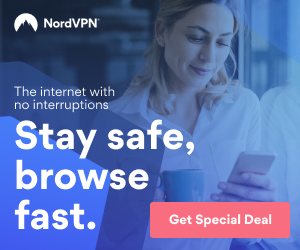
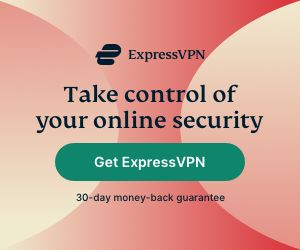
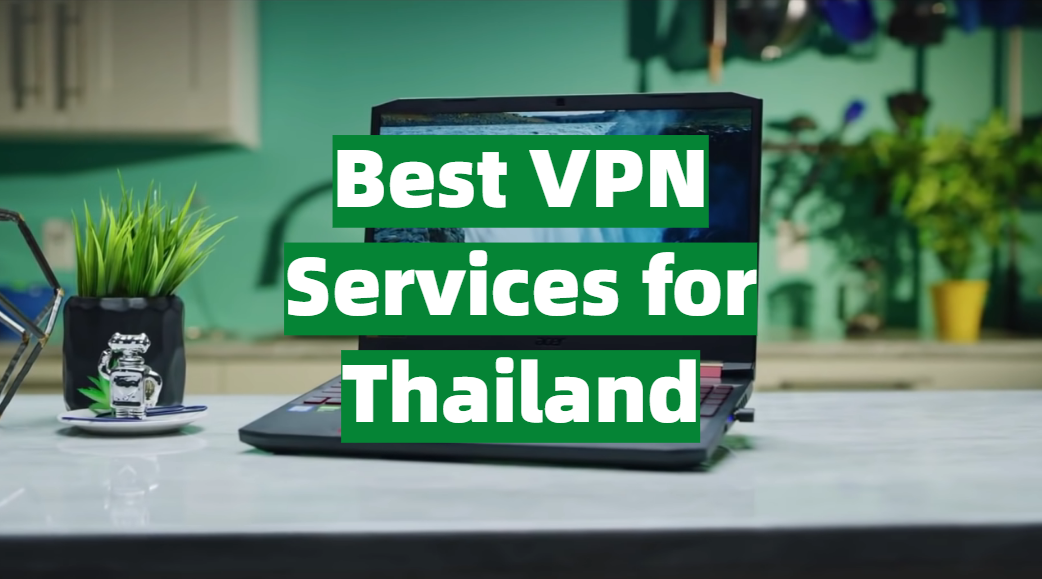
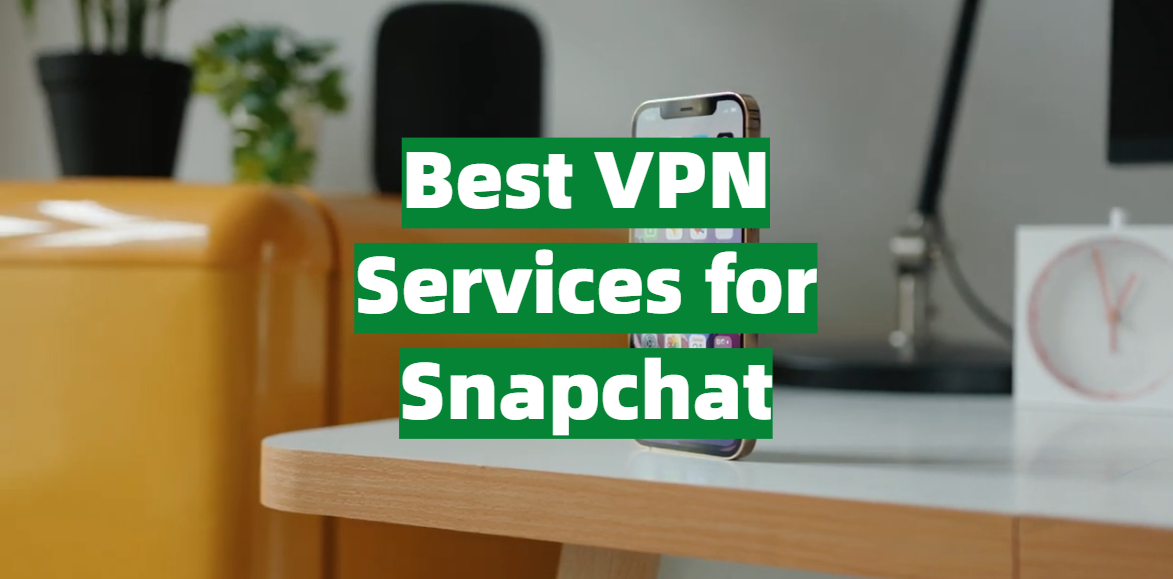
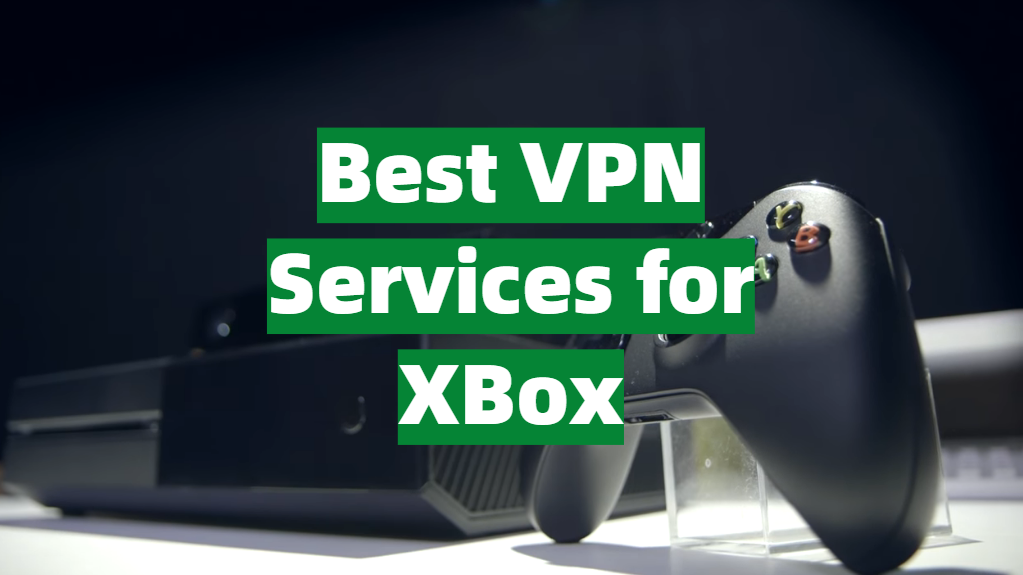
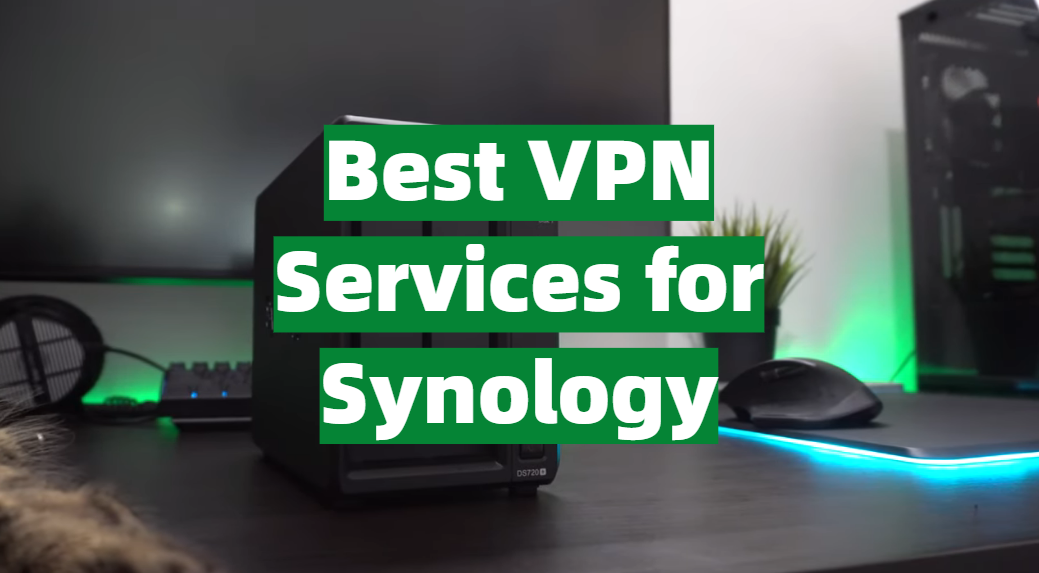
Leave a Reply